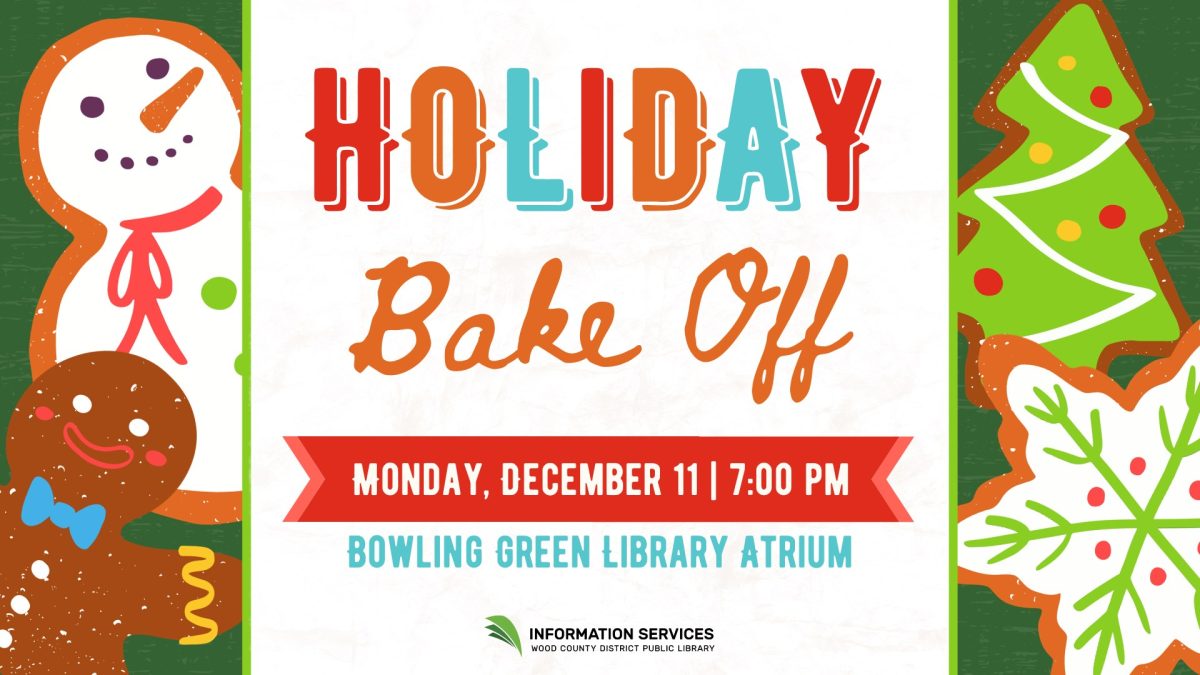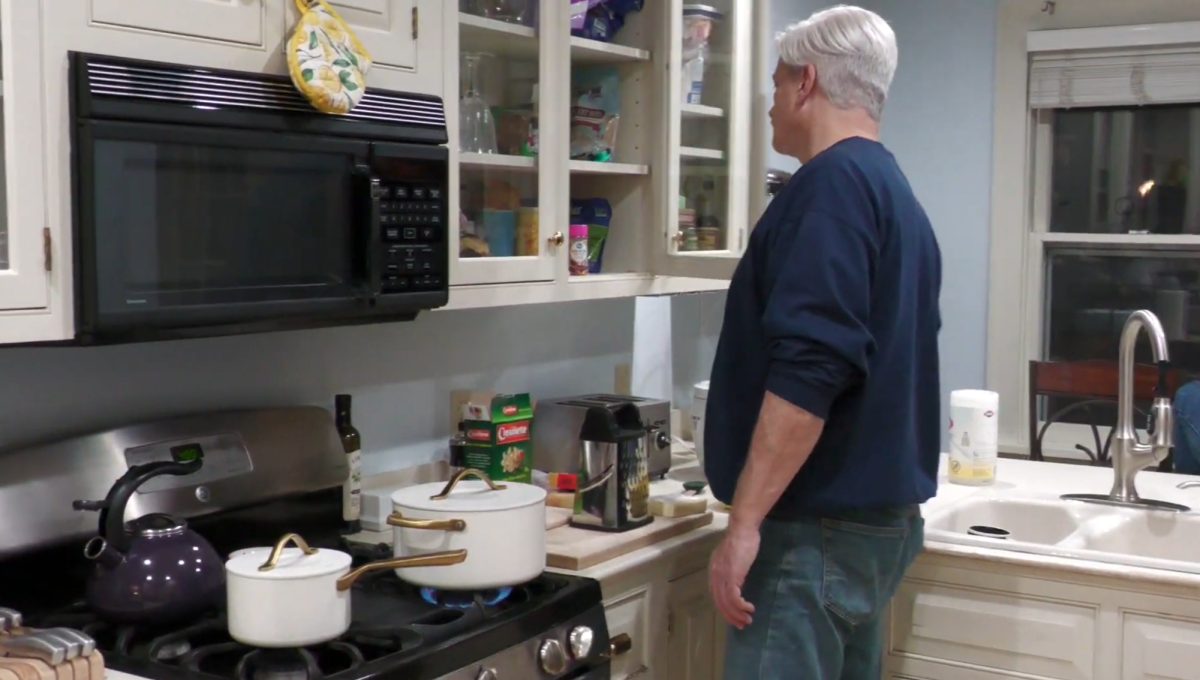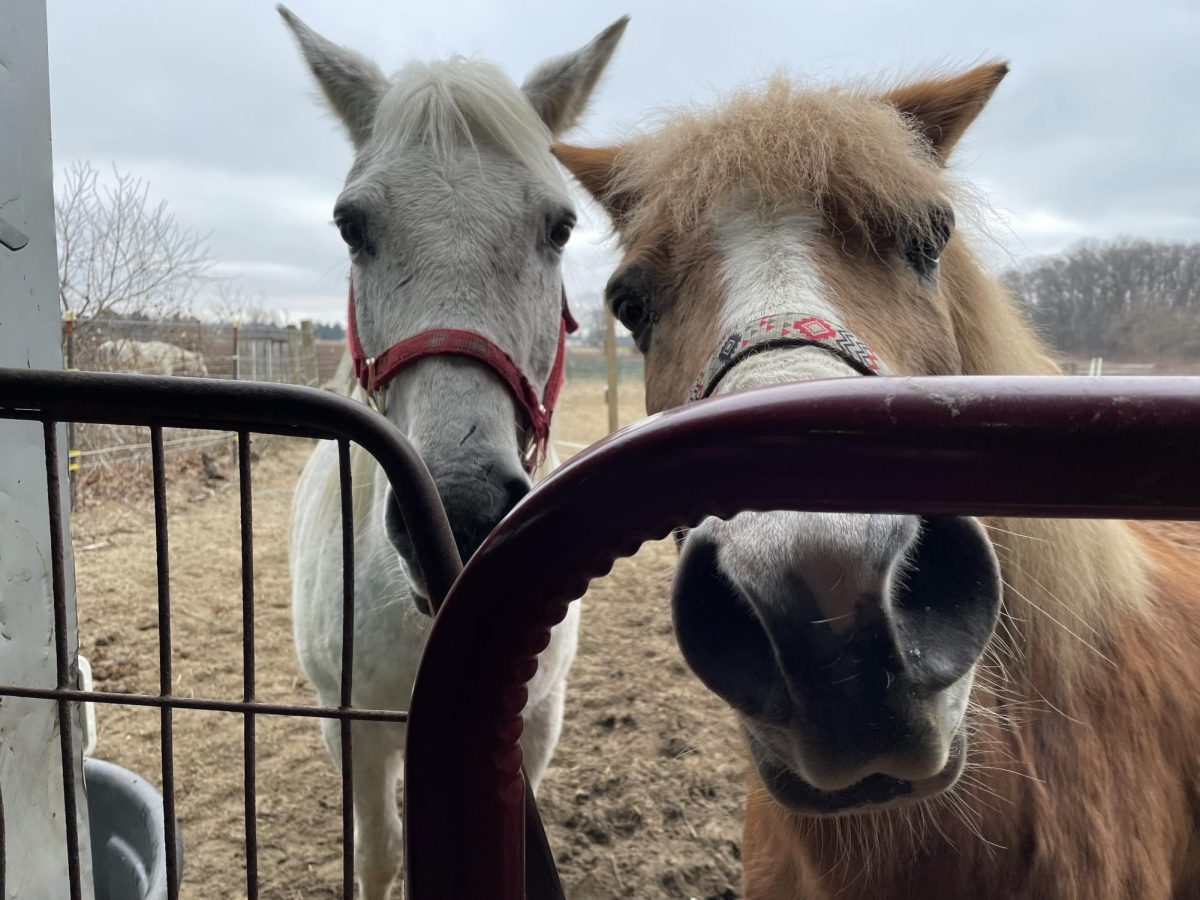On the night of Feb. 1, clinical psychology doctoral student Carmen Oemig gathered with her friends at the Cla-Zel Bar in downtown Bowling Green for a friend’s celebratory birthday party. Only a short time later, she would be rushed to the Wood County Hospital with fractures to her facial bones, a shattered nose and three broken teeth – changing her life forever. Oemig became an assault victim that night when the then-unidentified 28-year-old Joshua Baker chucked a shot glass across the room after getting into a fight with another patron. ‘There was just this incredible force that hit my face and I could feel my teeth were broken and see the blood pouring out of my face,’ Oemig said. ‘I remember thinking ‘why would someone do this?” Oemig was left without answers for more than a month before Baker was arrested and charged with felonious assault. According to the Ohio Revised Code, a felonious assault occurs when a person knowingly causes serious physical harm to another with a deadly weapon or by dangerous acts. And Oemig is not alone. Within two weeks at the end of February, four other felonious assaults took place in Bowling Green, including a burglary, a kidnapping and two attacks on police officers. ‘It’s a coincidence everything happened all at once like that,’ Bowling Green Police Lt. Tony Hetrick said. ‘We can’t point to any one thing to be a factor.’ Hetrick said the city normally sees an increase in crime in the springtime when the weather gets warmer and people spend more time outdoors. The month of April also marks the month before graduation, which brings an increased number of violations because of the rise in party goers. ‘Crime drops off completely after graduation, and we get pretty quiet for awhile,’ he said. ‘There is no rhyme or reason to some of it. It just happens.’ For Oemig, the timing of the assault doesn’t matter. Regardless of what month the attack occurred in, she still has to face the issues it created, she said. ‘When there’s a trauma like this, your power and control are taken away,’ she said. ‘There are medical, emotional and legal realities that then can be really disruptive [and] it takes time to re-orient.’ Allies in Mental Health counselor and therapist Pamela Skeeter-Hunt, who specializes in trauma cases, said the worst thing an assault victim can do during the recovery process is deny the attack ever happened. By trying to suppress the incident, Skeeter-Hunt said victims could actually make the process of emotional and physical recovery worse. ‘You can’t stuff anything and put it away in the back of your mind,’ she said. ‘It’s realistically impossible because it’s still there and always will be.’ Instead, Skeeter-Hunt encourages all victims of assault to talk to someone they trust when they’re ready. For some victims, this can mean confiding in a therapist, while others can simply turn to close friends and family, she said. Another option Skeeter-Hunt recommends is journaling. By writing down emotions and thoughts on paper, there is a different kind of release compared to any other form of therapy, she said. ‘One of the reasons therapy works so well is because you use different parts of your brain,’ Skeeter-Hunt said. ‘You see things, you write things, you talk out loud, and these all really ask you to look at the trauma on a deeper level.’ Drawing on both her clinical and personal experience, Oemig said that although everyone heals differently, it’s helpful to draw on personal values to help cope with assault. ‘There isn’t a right way to do this. Each person experiences assault differently and so will need to find their unique way of reclaiming or rebuilding whatever feels lost following such a personal violation,’ Oemig said. ‘Trauma calls up both incredible vulnerability and strength. It is helpful to identify and access resources that help you cope, reorient, and reconnect with what you value most.’ And while Skeeter-Hunt said assault victims need different treatments depending on the severity and longevity of the attack, she encourages all people experiencing any form of trauma to get help, either from close friends or a therapist. ‘This is the death of a person, a psyche, that we’re talking about,’ she said. ‘The best thing is to get therapy, get help. Don’t try to work it through on your own.’
Assault victim speaks about her trauma
March 19, 2009
0
Donate to BG Falcon Media
$445
$2500
Contributed
Our Goal
Your donation will support the student journalists of Bowling Green State University. Your contribution will allow us to purchase equipment and cover our annual website hosting costs.
More to Discover













